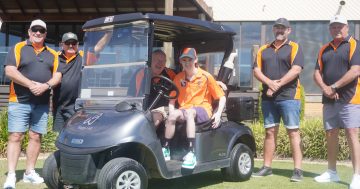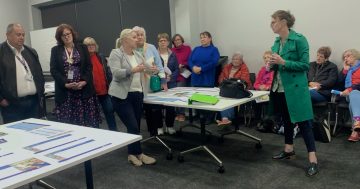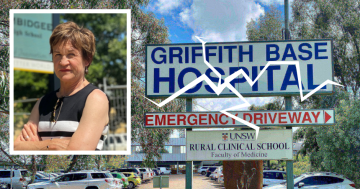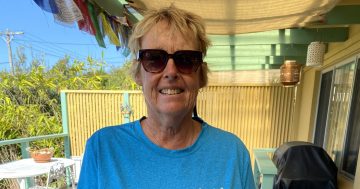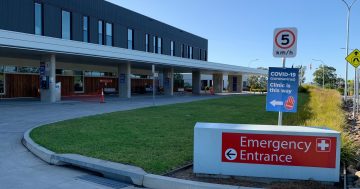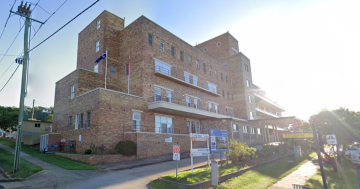
Wagga Wagga resident Eric lives a full and active life with Parkinson’s disease. Photo: MLHD.
Eric is a Wagga Wagga local who lives a full and active life. He gardens, swims, bushwalks and sings in the Wagga City Rugby Choir. He also has Parkinson’s Disease.
“I could have fallen over backwards with shock when the specialist told me he thought I may have Parkinson’s, and when the neurologist confirmed the diagnosis, I felt devastated,” Eric says.
Eric’s life changed in 2017 after a sore knee and a visit to the orthopaedic surgeon led to the surprise diagnosis.
“My only experience of seeing someone with Parkinson’s was the media coverage of Mohammad Ali at the Olympics, and I remember that image of this man once larger than life, shaking and looking very unwell.”
Parkinson’s Disease is a movement and mood disorder that presents with symptoms such as slow movement and tremors as well as less obvious conditions like depression and anxiety. It can occur at any age with 10 per cent of those diagnosed under 45.
“I initially thought it was a life sentence and tried to hide what was happening to me,” Eric says.
The cause of the illness remains unknown, but it is understood that the neurons in a particular area of the brain become damaged or lost. This results in a dopamine reduction, affecting the brain’s movement coordination.
As many as 212,000 Australians live with the disease and, while it is not curable, there are effective treatment and therapy options to manage symptoms.
“I decided that I needed to stop being sad about my diagnosis and just give it a go, and that really has paid off,” Eric says.
Eric was referred to the Murrumbidgee Local Health District Parkinson’s Team and has incorporated lessons learned through a four week physical therapy program into his everyday life.
The program helps people with Parkinson’s to use their body normally again by targeting key muscles and movements. Research shows that exercise is an effective tool to restore movement and to slow the progression of the disease.
“The program helps you take control and trains your brain back into doing tasks the correct way,” Eric explains.
“With Parkinson’s you sometimes shrink your movements and you do not even realise that is what you are doing.”
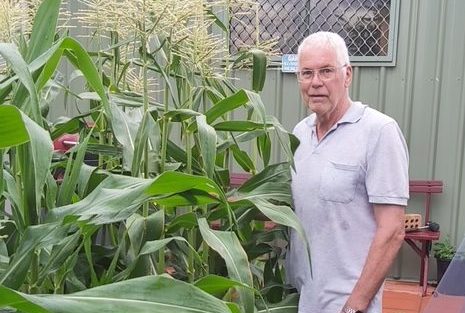
Eric show’s off his sustainable vegetable garden. Photo: MLHD.
In addition to his daily exercise and musical interests, Eric has compiled 200 pages of family history and turned his backyard pool into a sustainable vegetable garden.
“I have not let Parkinson’s become who I am and being able to help remove the stigma around it is so important,” he says.
“I have helped my friends understand some of the things I am facing, but we carry on as normal. I no longer feel I have to hide what I am going through, or make it all about who I am.”
April is Parkinson’s Awareness Month and World Parkinson’s Day is recognised on 11 April each year.
For more information on living with Parkinson’s or ideas on how to support those with the disease, visit Parkinson’s NSW.







